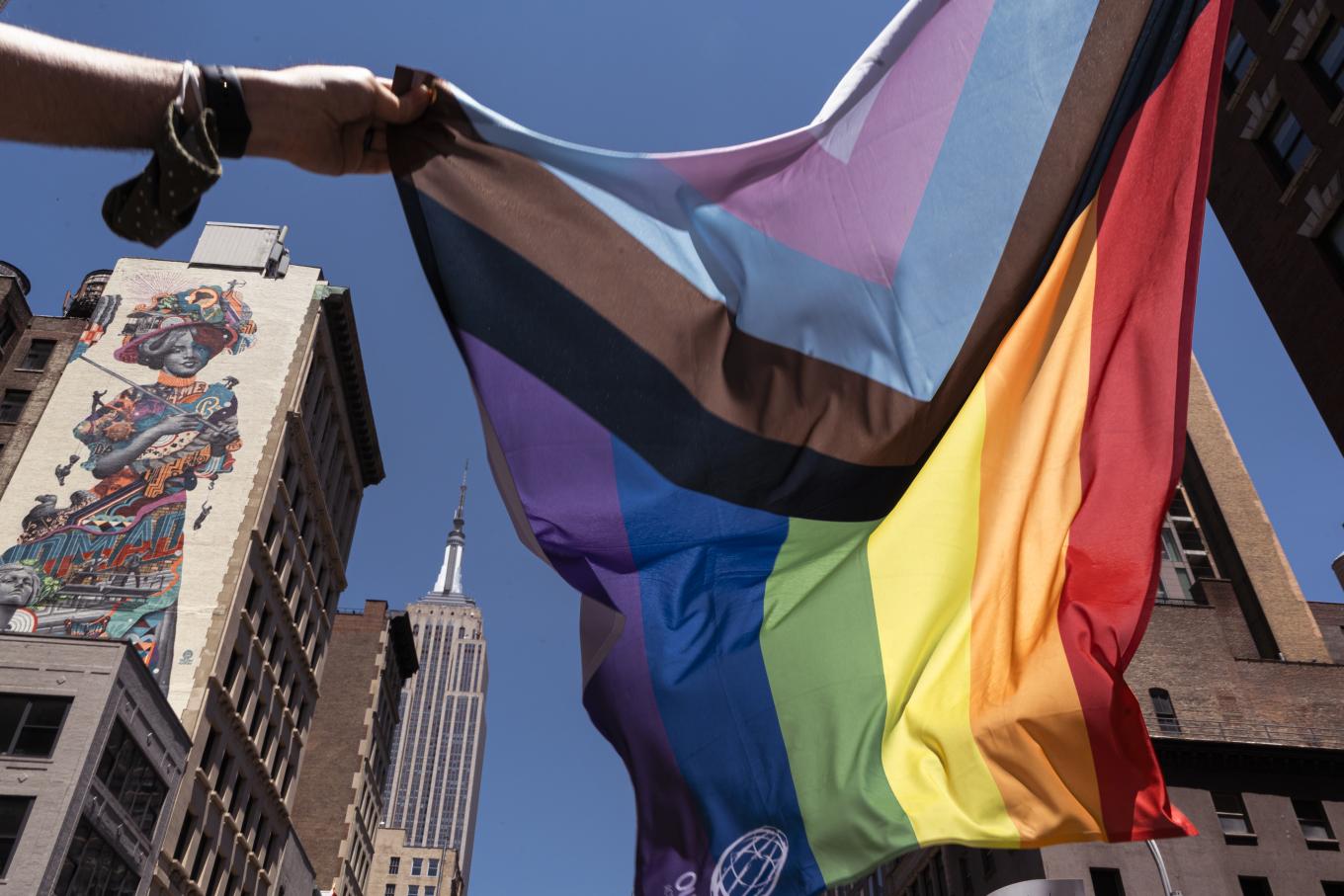
Country Overview
Colombia
At a glance
View more for this country:
LGBTIQ people enjoy strong protection under the law. In 1999, the Constitutional Court issued rulings for two intersex-related cases that restricted physicians' and parents' ability to surgically "correct" the genitals of intersex children without their consent and also recognized intersex people as a minority group deserving human rights protection. Same-sex marriage has been legal in Colombia since 2011, and in 2016, Colombia’s Constitutional Court made it illegal to refuse marriage registration for same-sex couples. Since 2015, same-sex couples have been allowed to adopt. The process for legal gender recognition was also simplified in 2015 following a favorable court decision. Additionally, in March 2022, the Colombian Constitutional Court recognized third-gender classifications for nonbinary individuals. Colombia has legal protections against discrimination and harassment on the grounds of sexual orientation and gender identity; however, these legal protections have yet to translate into better investigation and sentencing of perpetrators of hate crimes.
Public opinion and treatment of LGBTIQ people vary greatly across Colombia. The 2022 congressional election was a historic victory for representation as a record number of queer candidates won, increasing the number from two to seven.
In July 2023, Colombia broke ground when the Special Jurisdiction for Peace (JEP), a transitional justice tribunal, unveiled an indictment that charged 15 former rebels with war crimes and crimes against humanity committed against LGBTQ people during Colombia’s decades-long internal armed conflict. In doing so, Colombia acknowledged conflict-driven violence against LGBTQ people as gender persecution, a crime against humanity recognized by the International Criminal Court and the JEP. In April 2024, lesbian activist Marcela Sánchez, the executive director of the NGO Colombia Diversa, addressed the UN Security Council regarding the impact of Colombia’s armed conflict on LGBTQ people and the opportunities offered by the Women, Peace and Security agenda to address the harm done and prevent further violence. Her statement marked the first time in its 78-year history that the Security Council received a full briefing in a regular session on issues impacting LGBTQ people in a conflict setting.
*Outright research indicates that the bodily autonomy of intersex people is respected and protected in this country.
Global Impact
Sub-Saharan Africa
Outright supports LGBTIQ organizations in Sub-Saharan Africa and works with mainstream human rights organizations to respect human rights and influence positive changes in laws, policies, attitudes and beliefs that cause discrimination against LGBTIQ people.
United Nations
Our work at the United Nations centers around advocating for the advancement of the rights of LGBTIQ people.
View this regionAsia
Our work in Asia promotes acceptance of sexual and gender diversity at all levels of society.
View this regionSouthwest Asia and North Africa
In the Southwest Asia and North Africa, we partner with local groups in various countries as part of our international solidarity work. We also work with our local partners on different topics through capacity building, advocacy, research and holistic security.
Europe and Central Asia
Outright International partners with activists to fight for an end to human rights violations based on sexual orientation, gender identity and gender expression in Europe and Central Asia, where most of our work involves emergency responses to harassment, discrimination, violence, and most recently, Russia’s brutal and expanded invasion of Ukraine.
Americas
Our work in the Americas continues to build on the fundamental and positive transformation of human rights protections in recent years. We partner with groups in the Caribbean that focus on ending gender-based violence and eradicating discrimination against trans people.
Pacific
Our work in the Pacific aims to increase the visibility of activists, respond to human rights emergencies, and actively bridge local, regional, and international activism to achieve equality and justice.
Global
View this region
Human Rights Research
Since 1990, we have partnered with activists from all over the world to produce hundreds of groundbreaking reports.
Read Our Reports